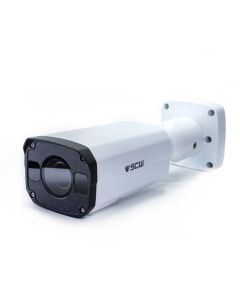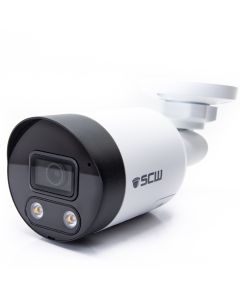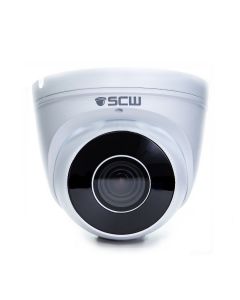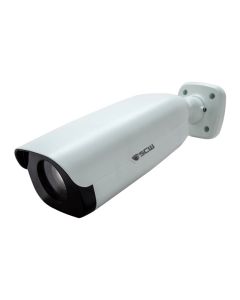If you are in the process of shopping for a new security camera system, you've probably run across the terms digital and optical zoom when you're looking at cameras' specifications. You might be wondering, "What's the difference between digital zoom and optical zoom?" But before we dive too deeply into the different types of zoom, you need to understand how the cameras can zoom in the first place. We use two different lens types in our cameras that are standard across the industry: fixed lens and varifocal lens. You're probably familiar with fixed lens cameras, what are traditional point-and-shoot style cameras - you put them up and what they see is what they see, although you can digitally zoom in on the results of what they recorded. Cameras with varifocal lenses, however, can change the focal length of the lens mechanically to optically zoom and change what is recorded.
With that understanding let's dive into the different types of zoom and how each applies to specific applications. Security cameras have two types of zoom--digital and optical. When shopping for a new CCTV security camera, keep in mind that it may have one or both. If you're in the research phase and wondering which type of zoom is best, you should think about your priorities. What are your problem areas? What do you need your security camera(s) to see? The answers to these questions will help you understand which type of zoom is right for you.
Digital Zoom
When you use digital zoom, the camera is enlarging the pixels of a portion of the area already captured by the camera. Every camera we carry has digital zoom, even the ones with optical zoom. Digital zoom just makes the pixels larger, so starting with more pixels makes the image less blurry, as you zoom.
Scroll your mouse pointer over each image to simulate a 16x digital zoom. Subject at 25 foot distance
1080P:
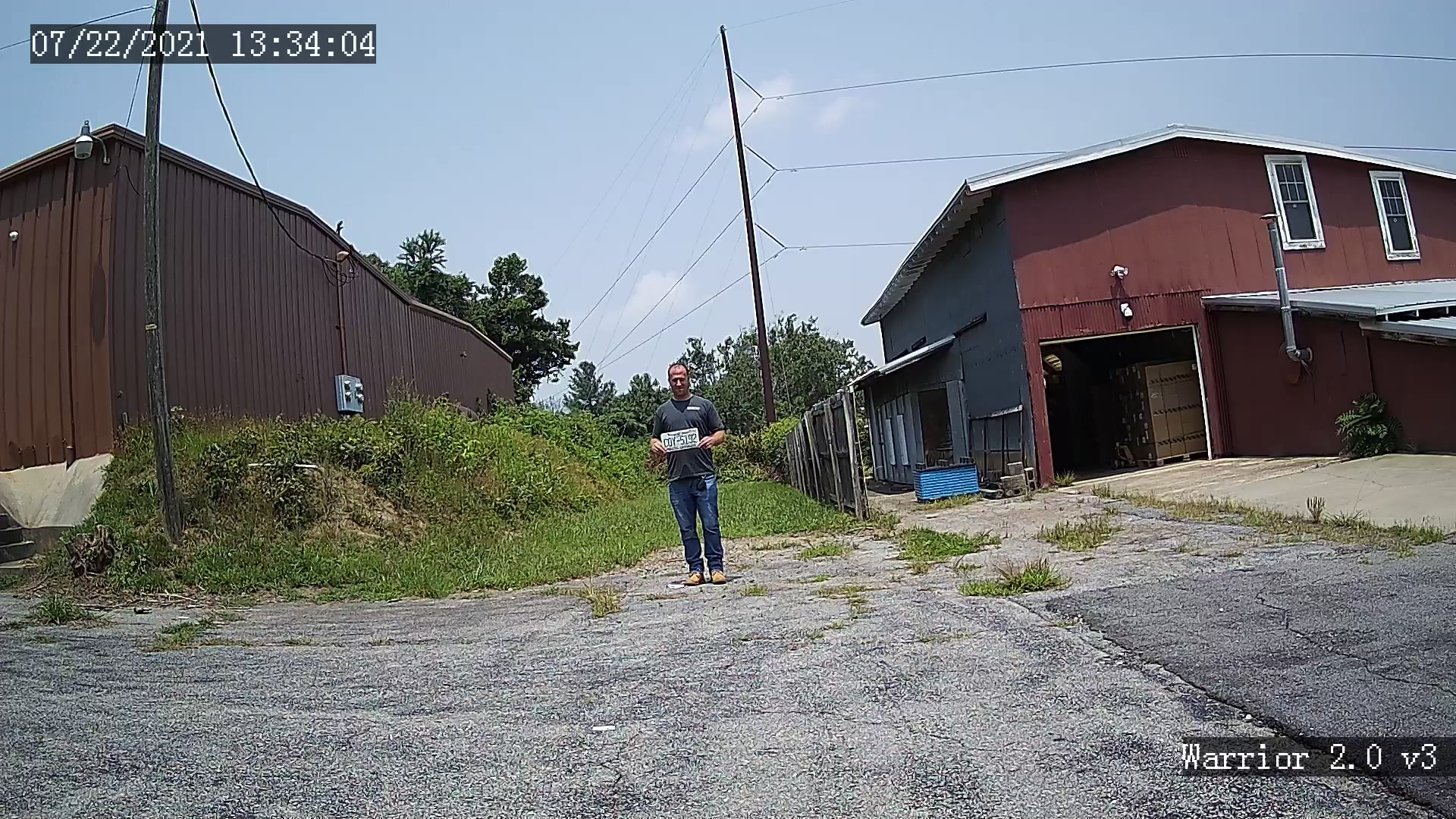
4K

Advantages of Digital Zoom
Digital zoom's main benefit is that you can zoom in after your camera has recorded a video, but that doesn't make it always useful. Resolution is your limiting factor for digital zoom: more resolution equals better results when zooming digitally.
Disadvantages of Digital Zoom
The main disadvantage of digital zoom is that all you are really doing is making the pixels you already recorded larger. As you zoom in further, the picture will appear more pixelated because you start to see each individual pixel. This is why higher resolution recording matters.
Optical Zoom
The closer the lens is to the image sensor, the wider your angle of view and the more zoomed out things look. The farther the lens is from the sensor, the more narrow your field of view and the more zoomed-in things appear.
Optical zoom sounds complicated, but don't worry, you have used optical zoom before. When you twist a pair of binoculars, you are physically moving the lens further or closer, depending on which way you turned it, to the optical sensor (in that case, your eye). If you moved the lens closer to your eye, you will have broadened your angle of view and zoomed out. If you moved the lens further from your eye, you have zoomed in and everything distant looks clearer. You haven't changed the quality of what you eye can see (the resolution), but you have focused it into a smaller area. The same process happens with security cameras.
A camera that is described as having a "4mm fixed lens;" means that the lens is 4mm away from the image sensor, while one having a" 2.8 to 12mm varifocal lens," means that the lens can be adjusted between 2.8 to 12mm from the sensor. Assuming that the sensor is the same, a lens that is closer will resulting a wider angle of view and a "zoomed out" view, while one that is further away from the lens, will have a narrow angle of view, which concentrates the resolution into that smaller area and "makes everything bigger."
Video of a user changing the optical zoom in our interface
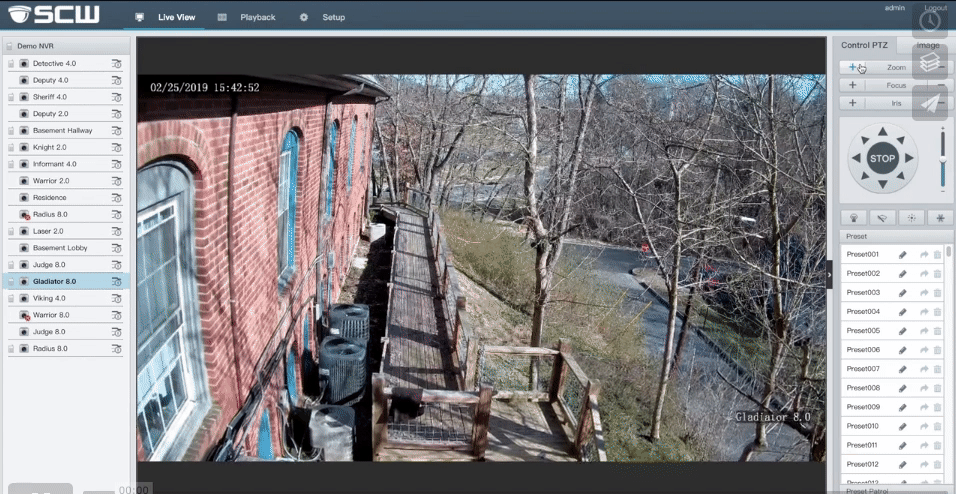
How the angle of view is changing what is recorded
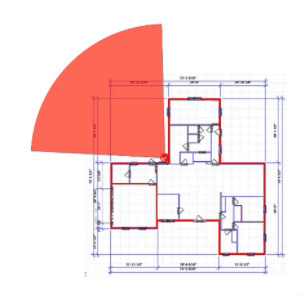
Difference between what was recorded
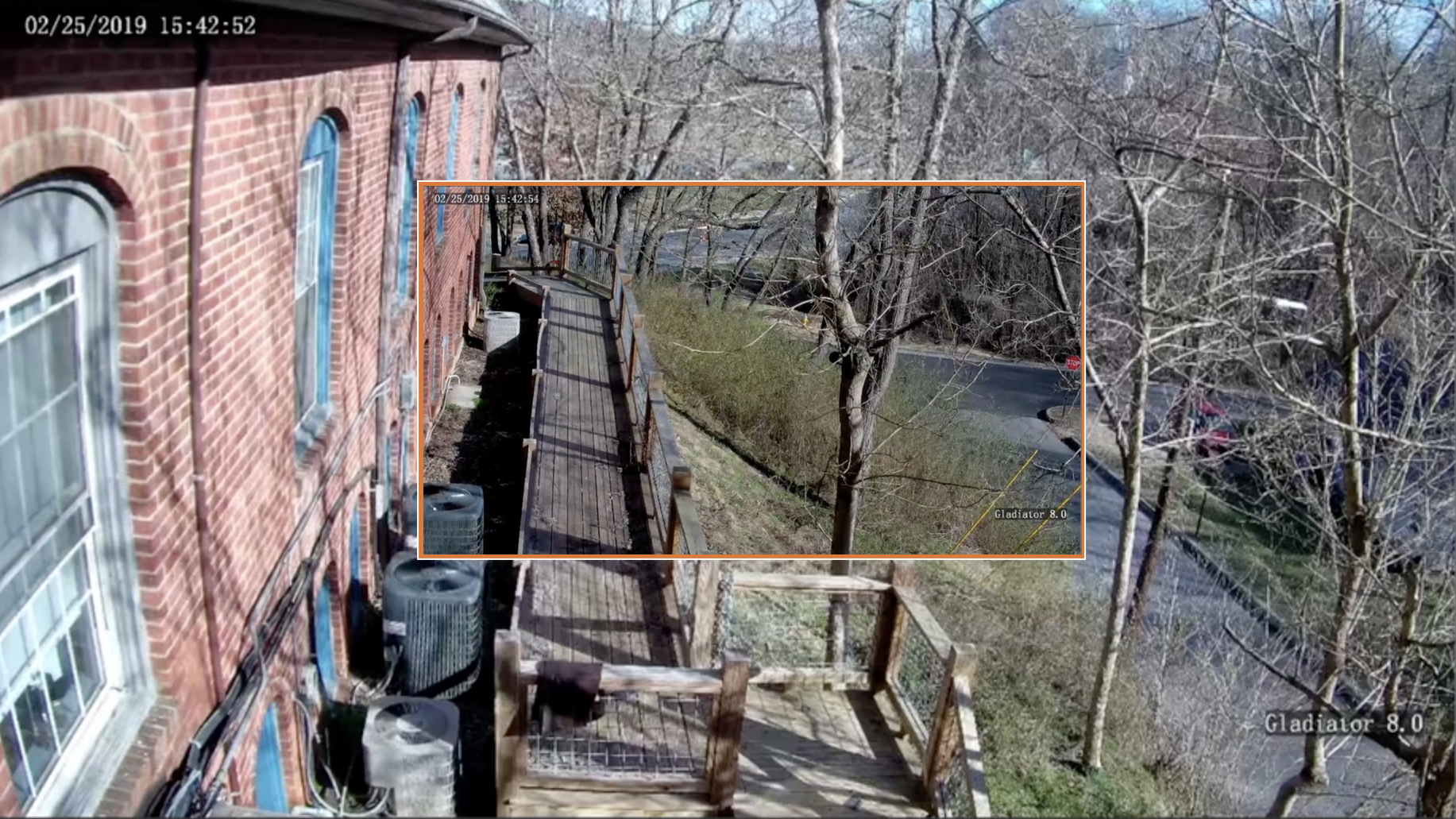
Pixel Density is much higher per square foot with Optical Zoom
The easiest way to think about what optical zoom is doing is concentrating all of your camera's pixels into a smaller region of interest. A 4K image is 3840 × 2160, whether you are recording 90 degrees of view or 30, but if you are recording at the more narrow angle of view, you have about 3x the pixel density per foot.
Let's see look at the difference between the same 4K varifocal camera, but at 2.8 to 12mm optical zoom. Subject at 50 foot distance
Scroll your mouse pointer over this image to see the Digital Zoom at 16x for 4K at 2.8mm
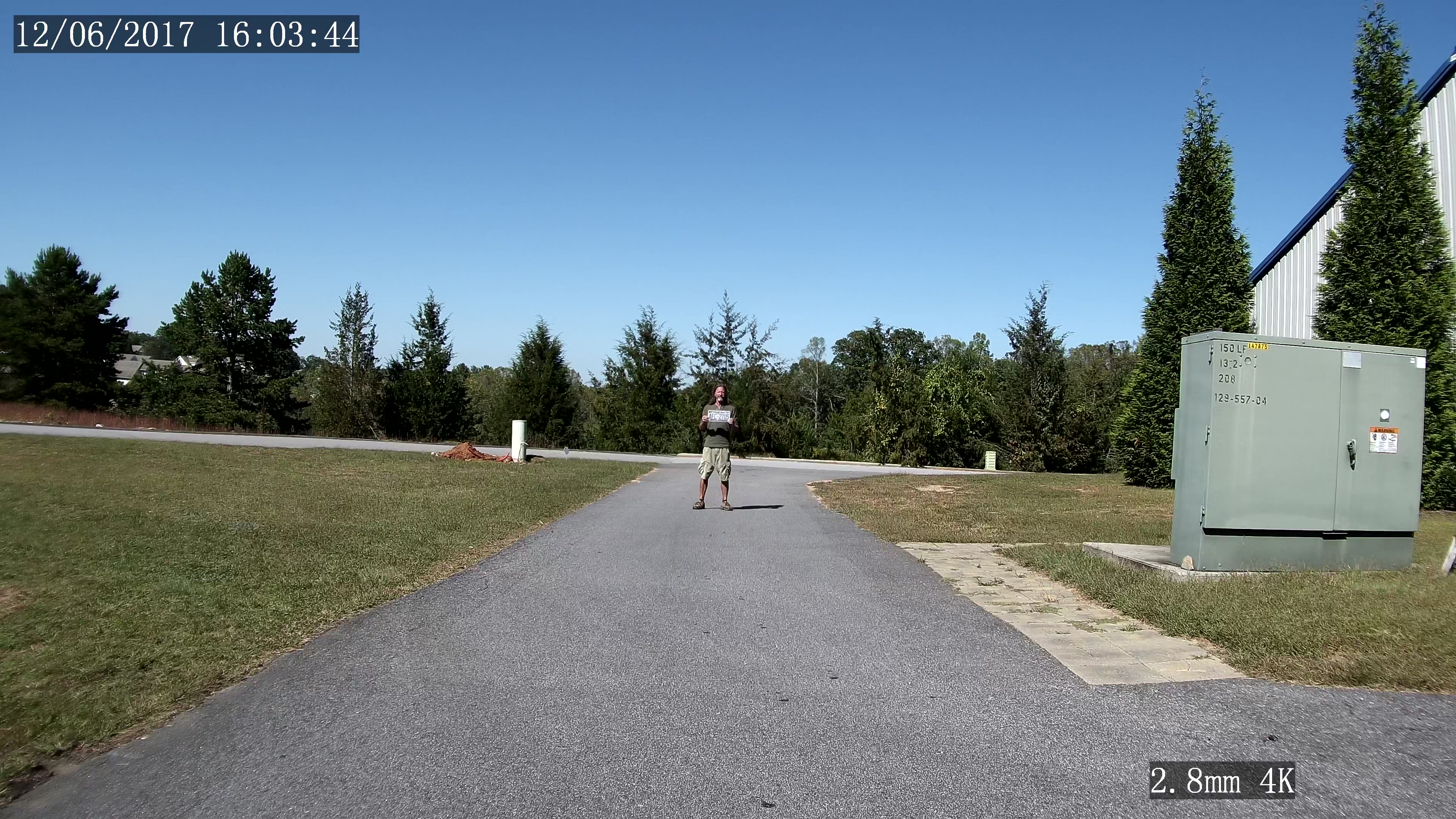
Scroll your mouse pointer over this image to see the Digital Zoom at 16x for 4K with optical zoom set to 12mm

Advantages of Optical Zoom
Optical zoom's main benefit is that the picture will remain clear as you zoom in optically. A high-optical zoom security camera gives you effective surveillance from long distance. You can see smaller details from farther away (faces, license plates).
Disadvantages of Optical Zoom
Zooming with a high-optical zoom security camera magnifies and narrows your field of view. Additionally, there's a per-camera mechanical limit on how much you can zoom in.
Types of Optical Zoom
When you're comparing specifications on different cameras you are likely to see a few different terms that all refer to different types of optical zoom. It's important to understand these terms and what they really mean:
Varifocal Lenses
You operate a varifocal security camera by turning a knob. This means that you can only adjust the level of zoom in person and once you've taken the camera out of its waterproof enclosure: picture.
Motorized Varifocal Lenses
You operate a motorized, varifocal lens camera by clicking on a button on your NVR or surveillance app. You can zoom in while your camera is recording a video, but the camera itself does not move around. You will be limited to where you have pointed the camera. You can adjust cameras with motorized optical zoom via the on-screen controls on your NVR or app.
PTZ Lenses (Pan, Tilt, Zoom)
PTZ cameras are fully motorized. You can change where the camera is pointed and the level of zoom. Most PTZ cameras can pan around 360 degrees, tit up to 90 degrees, and zoom in more than any other type of camera.
How Much Zoom Do I Need?
If you're still wondering which type of zoom is best then it's important to remember that it really depends on your unique situation. A good rule of thumb is that if you want to ID someone at 100 feet, you need at least 4x zoom. If you're going to ID someone at 200 feet, you need 20x, and if you need to recognize someone at 250 feet, you need 30x zoom.

If You Liked this Guide on Zoom, Consider Shopping With Us.

Lean on the experts
We'd be happy to work up a custom quote or take your floorplan and create a security coverage map.
Get aCustom Quote






